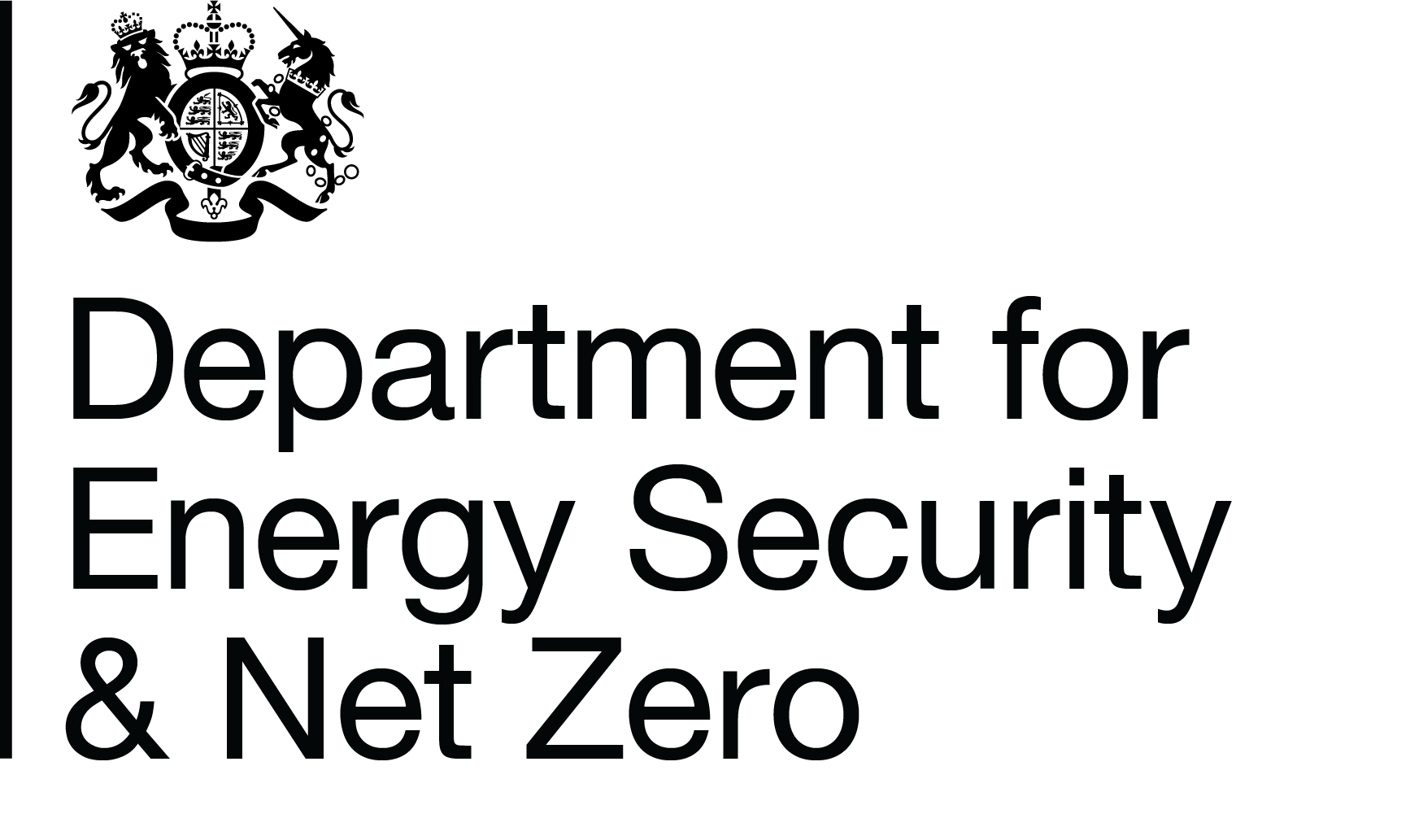UK Emissions Trading Scheme (ETS) Future Markets Policy
Overview
The UK Emissions Trading Scheme (UK ETS) Authority (UK Government, Scottish Government, Welsh Government and the Department of Agriculture, Environment and Rural Affairs for Northern Ireland) is seeking input on a number of proposals to develop future markets policy.
The Authority is reviewing ETS markets policy to ensure that it remains fit for purpose and is effective in managing the risks faced by an established and maturing scheme. This will help to maintain stable and effective market conditions that will continue to incentivise decarbonisation in the traded sector.
This consultation seeks views on:
- Whether the Authority has identified the most significant risks to effective market functioning;
- The suitability of different policy options to address the risks identified; and
- How individual market stability policies should be designed to most effectively address market risks while minimising intervention and disruption in the market.
Why your views matter
To help shape future UK ETS markets policies.
Read the consultation document on GOV.UK.
Audiences
- SMEs (small and medium businesses)
- Large businesses (over 250 staff)
- Multinational businesses
- Trade bodies
- Small business (10 to 49 staff)
- Oil and Gas
- Wind
- Nuclear
- Coal
- Wave and tidal
- Low carbon technologies
- Investment
- Manufacturing
- Technology (R&D)
- Finance
- Consumer organisations
- Universities
- Universities
- Research Councils
- Learned Societies
- Innovation community
- Thinktanks
- Charities
- Regulator
- Non-departmental public bodies
- The Devolved Administrations
- Charities and Third Sector organisations
- Non-Government Organisations
- Civil Society Organisations
Interests
- Economic growth
- Science and society
- Industrial strategy
- Coal
- Oil and Gas
- Saving energy
- Distributed energy and heat
- International
- Nuclear
- Renewable energy
- Energy and climate change
- Energy efficiency
- Electricity
- Business investment
- University
- Coal
- Fuel poverty
- Oil and gas
- Saving energy
- Distributed energy and heat
- International
- Nuclear
- Renewable energy
- Energy and climate change
- Energy efficiency
- Electricity
- Carbon budgets
- Carbon offsetting
- Emissions
- Carbon capture and storage
- Carbon markets
- Carbon neutrality
- Climate change
- Competitiveness
- Investment

Share
Share on Twitter Share on Facebook